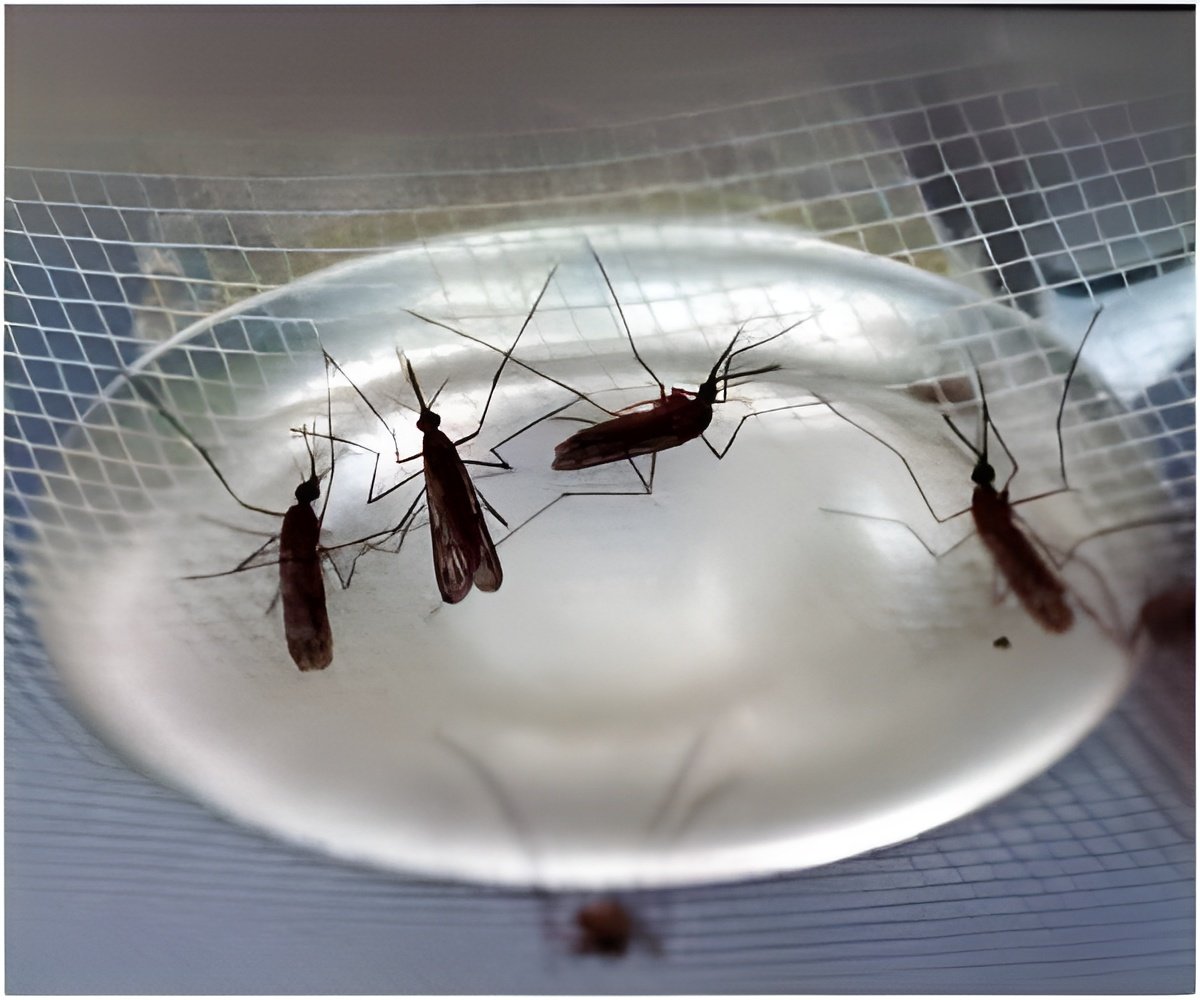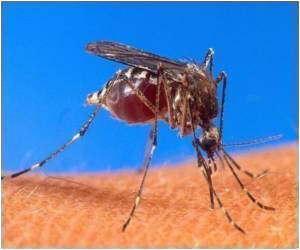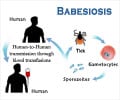
"Our study was able to induce the same dormant stage in vivo - in a rodent malaria model - that was previously seen only in the test tube," said principal investigator Dennis Kyle, PhD, distinguished university health professor at the USF College of Public Health.
"The work suggests that dormancy is involved in the earliest stage of parasite development in the red blood cells. It may be a new mechanism for how the parasite avoids being wiped out by artemisinin drugs," he noted.
When mice infected with rodent malaria parasites were treated with artesunate, dormant parasites were present in their red blood cells 24 hours following treatment.
The researchers also found a positive association between the number of dormant parasites present and when malaria infection re-emerged in the mice.
"Now that we have a robust animal model for studying how the parasites become dormant and then recover. We may be able to change our dosing regimens and investigate drug partners for artemisinin that are better at killing the dormant parasites," Kyle added.
Advertisement
Source-ANI














